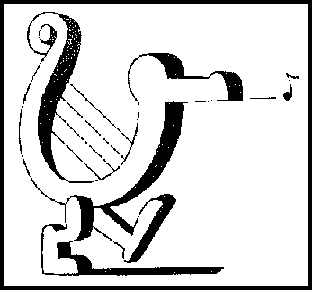The
Philosophy
Of Music
Theodor W. Adorno
(Stanford University Press)

In Beethoven's procedures the most profound features of Hegelian philosophy will be discerned, such as the twofold position of 'mind' in the Phenomenology as both subject and object. As the latter it is merely 'observed' in its movement; as the former, through observing, it brings the movement about. Something very similar can be seen in Beethoven's most authentic developments, as in the Appassionata and in the Ninth Symphony, and probably in the Waldstein Sonata as well. The theme of the development is mind, that is, the recognition of self in the other. The 'other', the theme, the inspired idea, is, to begin with, left to itself in these developments and observed; it moves in itself. Only later, with the forte entry, comes the intervention of the subject, as if anticipating an identity as yet unattained. It is only this intervention which creates the actual model of the development through a resolution, that is, only the subjective movement of spirit brings about its objective movement...
To tell the truth, this is the last I remember of the book. The medical team says that I was found twenty-six pages further along, with eyes glazed, shallow Cheyne-Stokes breathing, and blood pressure in negative numbers, indicating a state of full coma.
Fortunately, they were able to revive me by administering several measures from the Scherzo movement of Beethoven's Ninth. Medical authorities advise using the book only with a physician in attendance, and the original German version should not even be opened except in hospital surroundings.
By a strange coincidence, I have just recently bought a toy cellular phone which plays the big theme from the last movement of Beethoven's Ninth when you press the # key. Pressing other keys generate rings, dings, beeps, assorted tones, and even a little gremlin voice which says "G'bye" and hangs up.
I use my toy cellphone on the bus when all the other passengers receive calls on their real cellphones, probably from each other. My toy cellphone reassures me that I am in the swim of things, or almost. Especially when it plays Beethoven's Ninth to me, although I don't know what Hegel would say about that. He may have been trying to telephone me about it. Come to think of it, maybe he is the little Gremlin voice which says "G'bye".